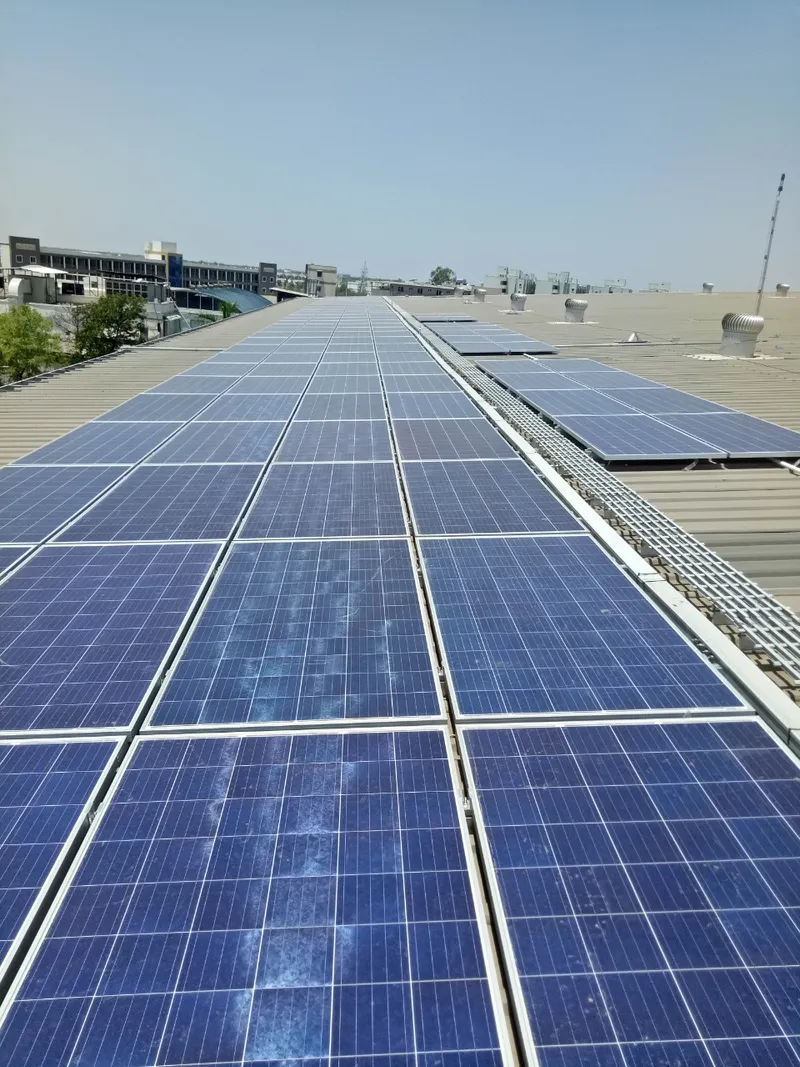What Bigbasket’s ESG scorecard looks like
Online grocery retailer Bigbasket has made steady changes in supply chain and warehouse operations as part of its ESG initiatives since 2016.
As tempting as individually wrapped fruits and vegetables might look on the store shelves, they come at a cost to the environment. TATA Enterprise-backed online grocery retailer is working towards reducing the plastic it uses for packaging by nearly 60 percent.
“We re-looked at the entire process of picking from the distribution centre to shipping to the customer to reduce the load of packaging on the environment. We hope to achieve the remaining 30 percent target in the next two months,” Vipul Mittal, National Category Head, Fruits and Vegetables, at Bigbasket, told YourStory.
The startup initiated the change in January 2022 and is likely to save 200 metric tonnes of paper and 100 metric tonnes of plastic on an annualised basis.
This is among the latest initiatives the company has taken as part of its Environmental, Social, and Governance (ESG) goals since its inception in 2011.
Started by Vipul Parekh, Hari Menon, VS Sudhakar, Abhinay Choudhari, and VS Ramesh, the company has come a long way and continues to be the market leader in scheduled online grocery delivery.
The online grocery space in India is expected to grow to $10-12 billion by 2025 from $2-3 billion in 2020, according to McKinsey.
While Bigbasket is more than a decade old, most of its ESG initiatives were seeded around 2016, with additions in later years.

Bigbasket's ESG milestones
Early adoption of ESG practices
Bigbasket started pilots for environmentally conscious initiatives across its supply chain and warehouses as early as 2016, with the adoption of electric vehicles (EV) and use of solar panels on the roof of warehouses to reduce energy dependence on the grid.
“As part of the supply chain, we buy the produce from the farm gate through our collection centres that are then dispatched to the warehouse or distribution centre. There are no EVs in the 16-tonne category. We mostly use EVs for customer delivery, and use two-wheelers and three-wheelers for the same,” Ganapathi Subramanyam, Head of Innovation and ESG and DI Coordinator at Bigbasket told YourStory.
At present, 26.5 percent of Bigbasket’s delivery fleet comprises EVs with 1,870 two-wheelers and 719 three-wheelers in deployment. The company has also set up nearly 1,000 charging points across the country for the delivery personnel.
The year 2016 is also when Bigbasket started installing solar panels on their warehouse roof, to compensate for consumption of power from electricity grid and diesel generators. Nearly 50-60 percent of energy consumption at the warehouse is directed at maintaining cold rooms to keep produce fresh, Ganapathi says.
According to an estimate for calendar year 2021, solar power panels across Bigbasket’s warehouses can generate 4,362 KW energy.

Rooftop solar panels at Bigbasket warehouse
Continued effort
Apart from these initiatives, Bigbasket has also installed rain water harvesting facilities across nine warehouses, saving nearly 100,000 litres of water from run-off each rainy season per plant. This is mainly used to service water requirements for the warehouse other than potable water.
Vipul says the platform also encourages cultivation of organic produce by farmers, offering them better rates for their produce at a premium of 10 to 20 percent.
“The wholesale market does not differentiate between organic produce and others. We offer a premium price for the produce while keeping the same margins, to make up for additional costs incurred due to organic farming,” he adds.

Vipul Mittal, National Category Head, F&V, Bigbasket
Bigbasket also piloted the GreenCHILL chiller by Delhi-based New Leaf Dynamic Technologies in 2021 at its Hoskote facility. The GreenCHILL Chiller uses cashew husk as biomass to generate energy. The pilot was carried out under IFC’s TechEmerge programme and helped Bigbasket reduce use of fossil-fuel based electricity by 90 percent at the distribution centre. Bigbasket also deployed the pilot at a fulfilment centre in Delhi and has nine active units deployed across various locations.
It is to be noted that (IFC) also invested in Bigbasket in 2016.
With these initiatives in place, Bigbasket is also working towards enrolling more women in the workforce for its offline stores.
The company, which has a presence in 100 cities, had 90 operational stores as of April 2022, with plans of increasing the coverage to 700 by the end of the year.
“We have a women-only store functional in Noida, and nearly 20 percent of our workforce is women. We also have around 3 percent physically disabled staff on board and are encouraging more women drivers to join in,” Ganapathi says.
Edited by Teja Lele







